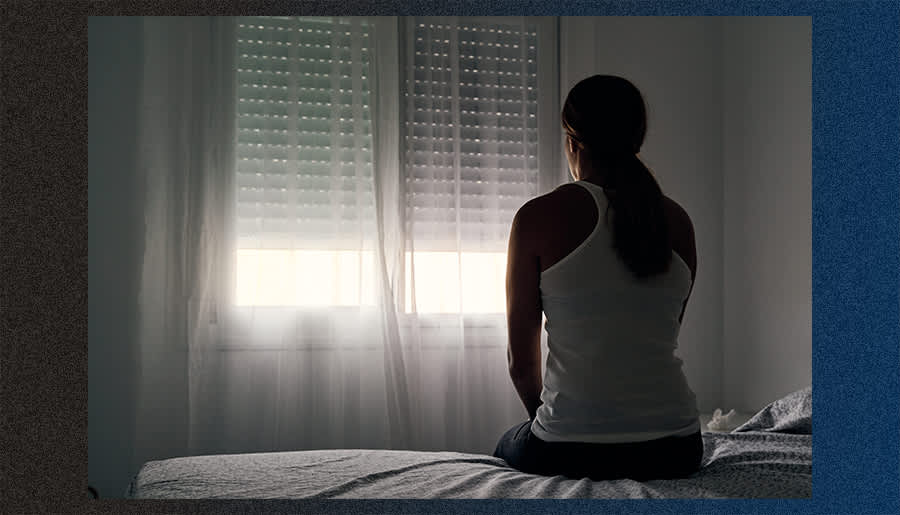Content warning: This article contains references to domestic violence and sexual assault and may be triggering for some readers.
Coercive control is too big and important of an issue not to be criminalised. However, coercive control is also too big and important that the laws that criminalise it cannot be slap-dash, hazardous, or ineffective.
On August 12, Mark Speakman, the NSW Government’s Attorney General, told the Meeting of Attorneys-Generals that his government was committed to making coercive control illegal in his state by the end of the year. He also noted that the government has released a draft of the bill that’ll outlaw this practice. This group is asking for the general public to comment on their bill.
“Consultation is critical to ensure these landmark reforms only capture very serious incidences of abuse, avoid overreach, and do not unintentionally endanger those in our community we are seeking to help,” explained Speakman.
He additionally stated, “That’s why the NSW Government has already undertaken three rounds of consultation, including through the Parliamentary Joint Select Committee on Coercive Control launch, to inform development of this exposure draft bill for public comment.”
But what is NSW proposing? Moreover, what are the experts saying about this proposed bill? Here’s the crucial information that we know about what’s happening:
How Will NSW’s Bill Make Coercive Control Illegal?
The NSW Government is defining coercive control as a form of domestic abuse where one person repeatedly or continuously abuses another person in ways that deny their autonomy and independence. This abuse can be physical, sexual, psychological, or financial in nature.
In the draft bill, the government lists some examples of what it considers to be coercive control. One example is that a perpetrator withholds “necessary medication, medical equipment, medical treatment, or essential support services” from their victim. In another example, they classify coercive control as “preventing a person from making or keeping connections” with their “family, friends, or culture.”
If a judge or jury determines that a person has coercively controlled another human, then they could be imprisoned for a maximum of seven years. It’s also worth noting that this bill cannot be used to prosecute past behaviour. As the NSW Government’s factsheet on the matter has asserted, “The proposed laws will only apply to behaviour that happens once the laws are passed.”
Related: How To Tell If You Are in an Abusive Relationship and What to Do If You Are
Related: Coercive Control — What the Domestic Violence Practice Is That Queensland Is Outlawing
How Are the Experts Reacting to This Proposed Bill?
According to The Guardian, multiple experts believe that the NSW’s consultation period on this issue isn’t long enough. This is because this period closes on August 31, and the government cannot receive enough feedback from marginalised communities in this time frame. Some Australian communities don’t speak English as a first language, would need help providing their feedback to the government, and need further education on this topic.
“The government should be looking at a consultation until the end of the year,” stated Dr. Jane Wangmann, an associate law professor at the University of Technology Sydney. “To really make sure that they’re tapping into those that are most affected.”
Additionally, the current proposed bill only discusses coercive control circumstances that take place between intimate partners, when in reality, this form of abuse can take place in several other contexts. As Domestic Violence NSW’s Interim Chief Executive, Elise Phillips, told the ABC, “The legislation covers intimate partner abuse, which means that patterns of abuse perpetrated by family members, carers, and others may not be covered.”
How Can I Have My Say on This Subject Matter?
If you want the NSW Government to consider your opinion on this subject, email policy@justice.nsw.gov.au before August 31.
If you or anyone you know is struggling and needs support, call 1800RESPECT on 1800 737 732 or Lifeline on 13 11 14, both of which provide trained counsellors you can talk with 24/7. You can also talk to someone from 1800RESPECT via online chat. If you are in immediate danger, call 000.
If you or someone you know has been the victim of a sexual assault, please contact the Sexual Assault & Domestic Violence National Help Line on 1800 Respect (1800 737 732) or head to The Australian Human Rights Commission for a list of state by state resources.
Read more stories from The Latch and subscribe to our email newsletter.

